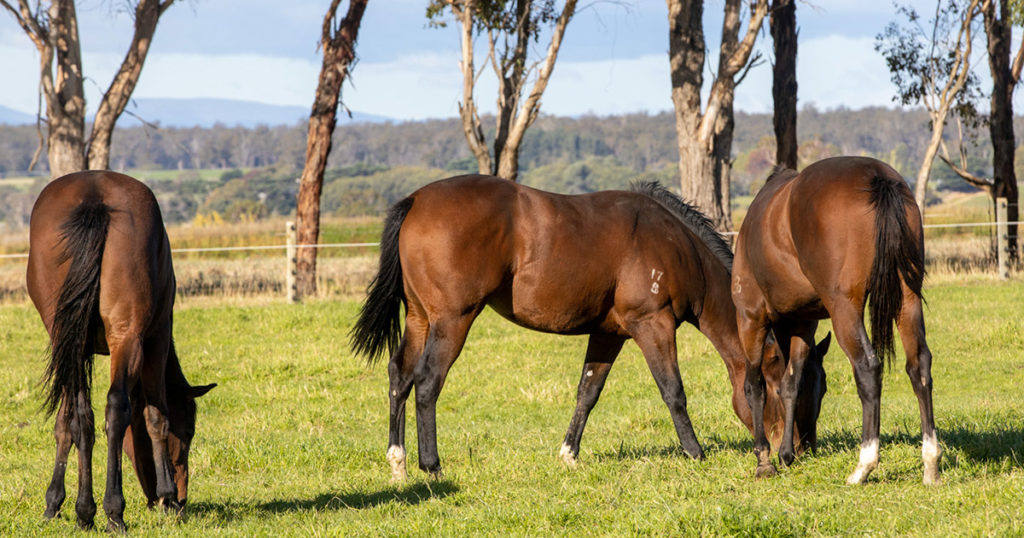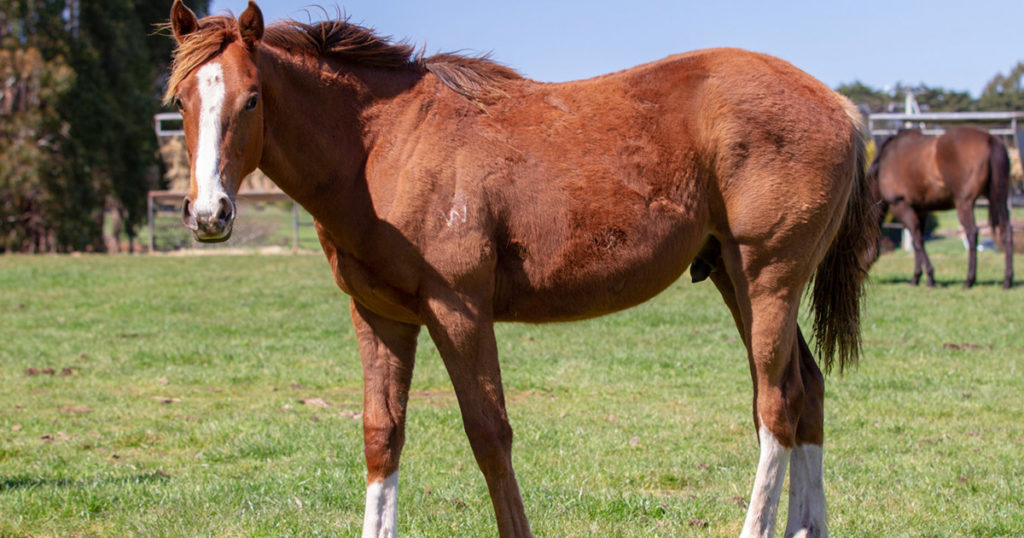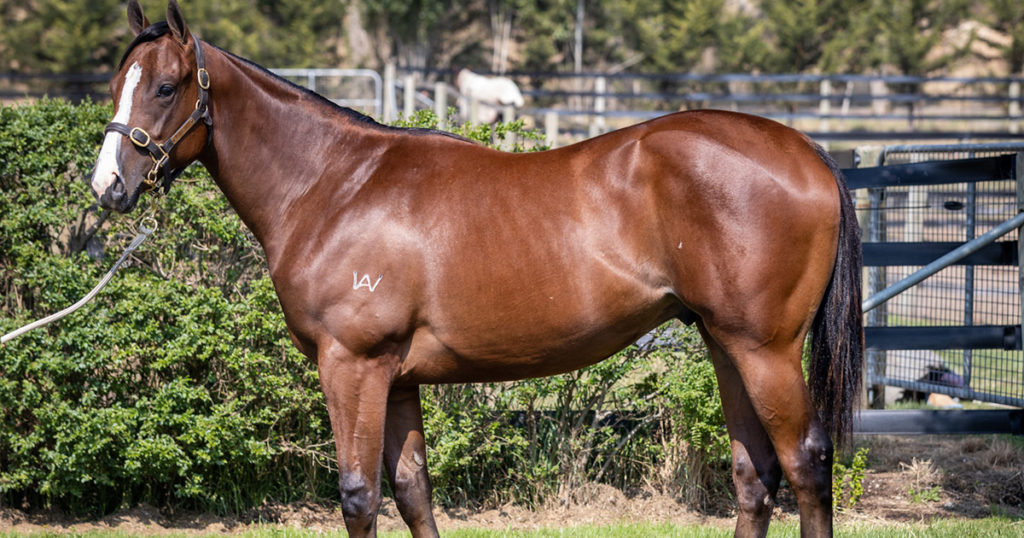Forages and fibre rich foods which require much chewing, comprise the base starting point for a diet which promotes health in the horse.
Chewing results in the production of saliva. Forages and fibrous feeds require more chewing than grains and processed feeds. On a dry matter basis, twice as much saliva is produced when horses eat grass or hay compared to grains and other concentrate feeds. This production of saliva plays an essential role in promoting a healthy gastrointestinal (GI) system: Saliva is rich in bicarbonate, which helps to buffer the acid secretions produced by the stomach. Diets high in grain and low in forage result in a lower saliva flow and thereby lower gastric pH values. This is one important risk factor for the development of gastric ulcers.
Before being quick to use omeprazole or ranitidine based ulcer medications (which come with their own health risks for the horse, not to mention the high $$$$$ on the hip-pocket), take a step back and evaluate the basics. Is your horse consuming a diet which promotes gastric health? Is the basis of your horse’s diet one which is built upon sufficient forages

Camilla Whishaw is a highly regarded, experienced horsewoman and naturopath, helping to holistically treat and manage a broad range of equine health conditions and injuries, with a passion for mare and stallion fertility.
As a world-renowned practitioner, presenter, author, and consultant in the field of Equine Naturopathy, Camilla shares her knowledge through keynote presentations, interviews, lectures, panel sessions, and workshop training.





